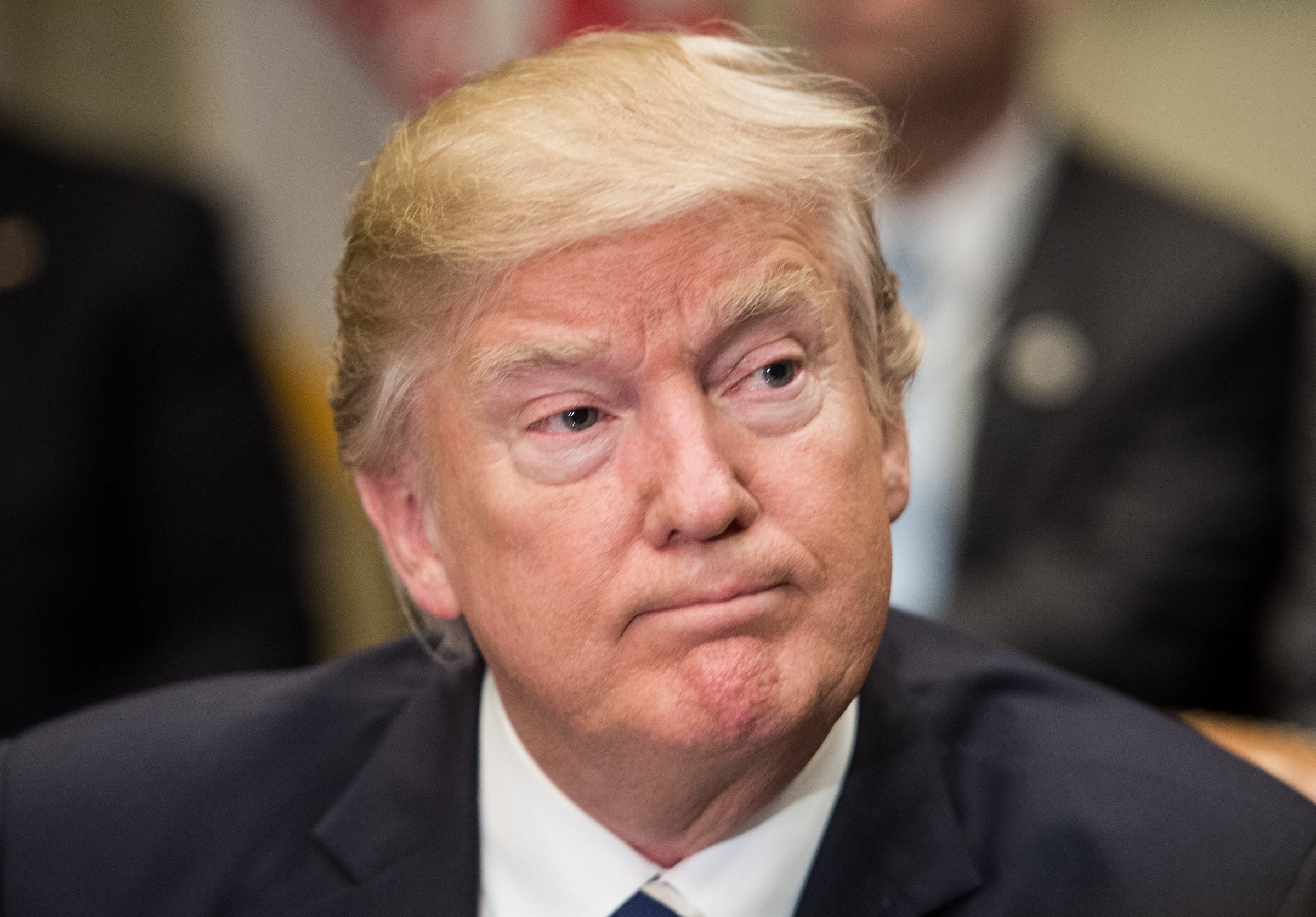
The Trump administration’s executive order barring nationals from seven predominantly Muslim countries from entering the U.S. is already having profound effects on America’s relations with nations overseas. But experts say the order could also harm the relationship between Muslim-Americans and law enforcement here in the U.S., potentially hampering officials’ efforts to gather information on future attacks.
“It may drive a wedge between law enforcement authorities and members of the Arab-American or Muslim-American community at the very time we need cooperation and partnership,” says John Cohen, who worked for the Office of National Intelligence under President George W. Bush and the Department of Homeland Security under President Barack Obama. “It’s certainly going to impact the relationship with federal authorities as they seek to reach out to Muslim community leaders in an effort to have them work together.”
President Trump’s order banned nationals from Iran, Iraq, Syria, Sudan, Libya, Yemen and Somalia from entering the U.S. for at least 90 days, and barred refugees from entering the U.S. for four months. But many law enforcement and counter-terrorism experts say the most serious terror-related threats come not from refugees but from those living in the U.S. who are inspired to carry out an attack. Indeed, the order would not have affected the perpetrators of the San Bernardino terrorist attack in 2015––an American-born U.S. citizen and a Pakistani-born green card holder––or Omar Mateen, who killed dozens of people inside the Pulse nightclub in Orlando, Fla., last year and was born in New York to Afghan parents, or Virginia-born Nidal Hasan, a military psychiatrist, who killed 13 and wounded 30 at Fort Hood in 2009.
“The most significant threat comes from people already here,” says Cohen, now a professor of criminal justice at Rutgers University. “This would do nothing to address that threat.”
Of particular concern to law enforcement is whether the orders will erode the relationship between Muslim-American communities and police, which studies have shown depend heavily on the perception of fairness. In a 2011 study in The Journal of Criminal Law & Criminology, researchers surveyed Muslim-American residents in New York City and found that their willingness to report suspicious activity rose by 61% when they believed that overall policies were fairly established and 41% when they thought those policies were fairly enforced.
“We found very emphatically that when you have policies that are harsh or overly broad, that communicates mistrust to those communities,” says Stephen Schulhofer, a professor of criminal justice at New York University’s School of Law. “Communities respond themselves by losing trust in law enforcement.”
Read more: Trump Voters Are Happy With His Immigration Order: ‘He Means What He Says’
Strong community ties can be critical to defusing potential terrorist activity. According to a 2013 study by the Triangle Center on Terrorism and Homeland Security, tips from Muslim-Americans helped thwart 27% of 126 known potential domestic terrorists since 2001. That includes the “Lackawanna 6,” who were arrested in 2002 and later convicted of providing material support to al Qaeda, and the arrest of Najibullah Zazi, who was sentenced to life in prison for conspiring to bomb the New York City subway system. Police received tips about Zazi from Ahmad Afzali, an imam in Queens, N.Y.
This record has made other experts hopeful that the executive order won’t have a trickle-down effect. “For the most part, police departments have been effective through community policing efforts to have open lines, directly or indirectly, of communications with the immigrant communities,” says David Carter, a professor of criminal justice at Michigan State University. He expects the effects on Muslim-American communities will likely be “narrow and limited.”
Erroll Southers, a counter-terrorism expert at the University of Southern California, says the often-fraught ties between law enforcement and Muslim-Americans has strengthened since the Sept. 11 attacks, but is concerned those ties could fray. “I hope that trust that’s been established doesn’t deteriorate because of these executive orders,” he says. “It’s going to be a challenge.”
More Must-Reads from TIME
- L.A. Fires Show Reality of 1.5°C of Warming
- Behind the Scenes of The White Lotus Season Three
- How Trump 2.0 Is Already Sowing Confusion
- Elizabeth Warren’s Plan for How Musk Can Cut $2 Trillion
- Why, Exactly, Is Alcohol So Bad for You?
- How Emilia Pérez Became a Divisive Oscar Frontrunner
- The Motivational Trick That Makes You Exercise Harder
- Zelensky’s Former Spokesperson: Ukraine Needs a Cease-Fire Now
Contact us at letters@time.com